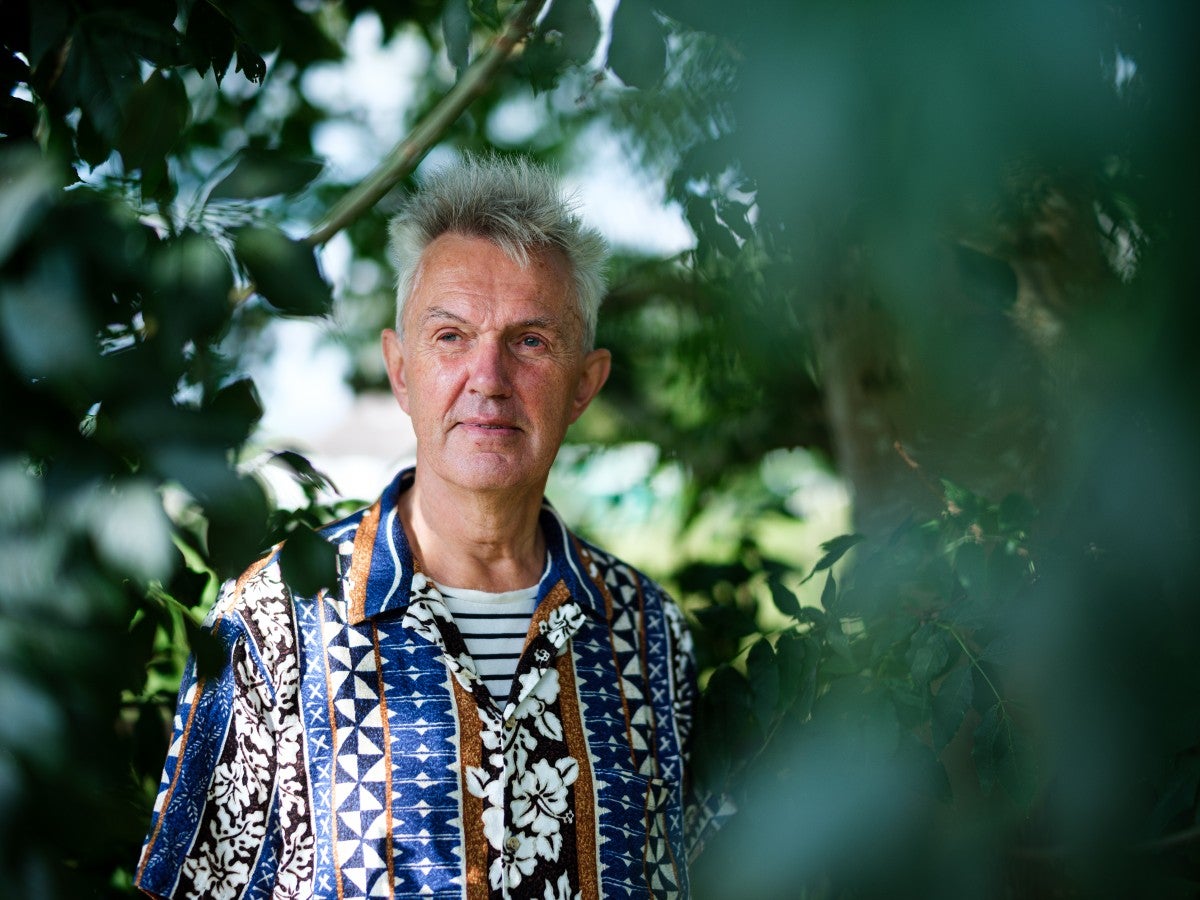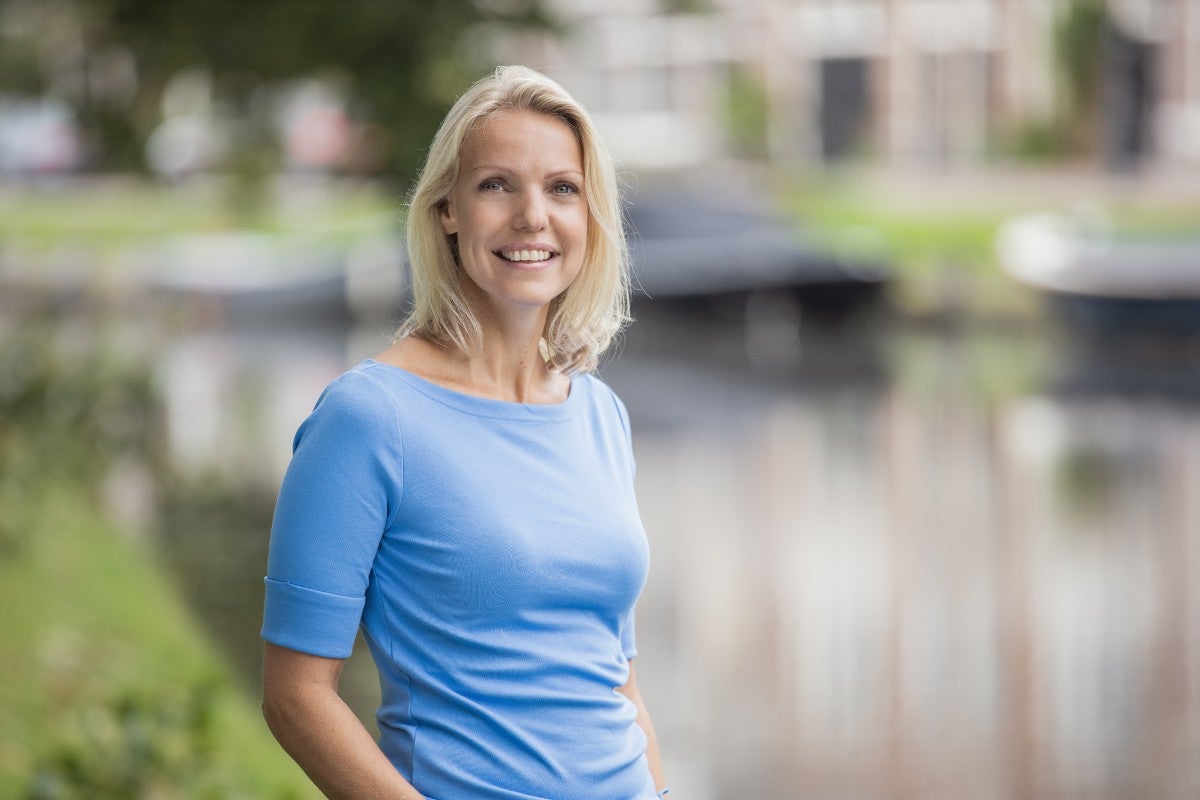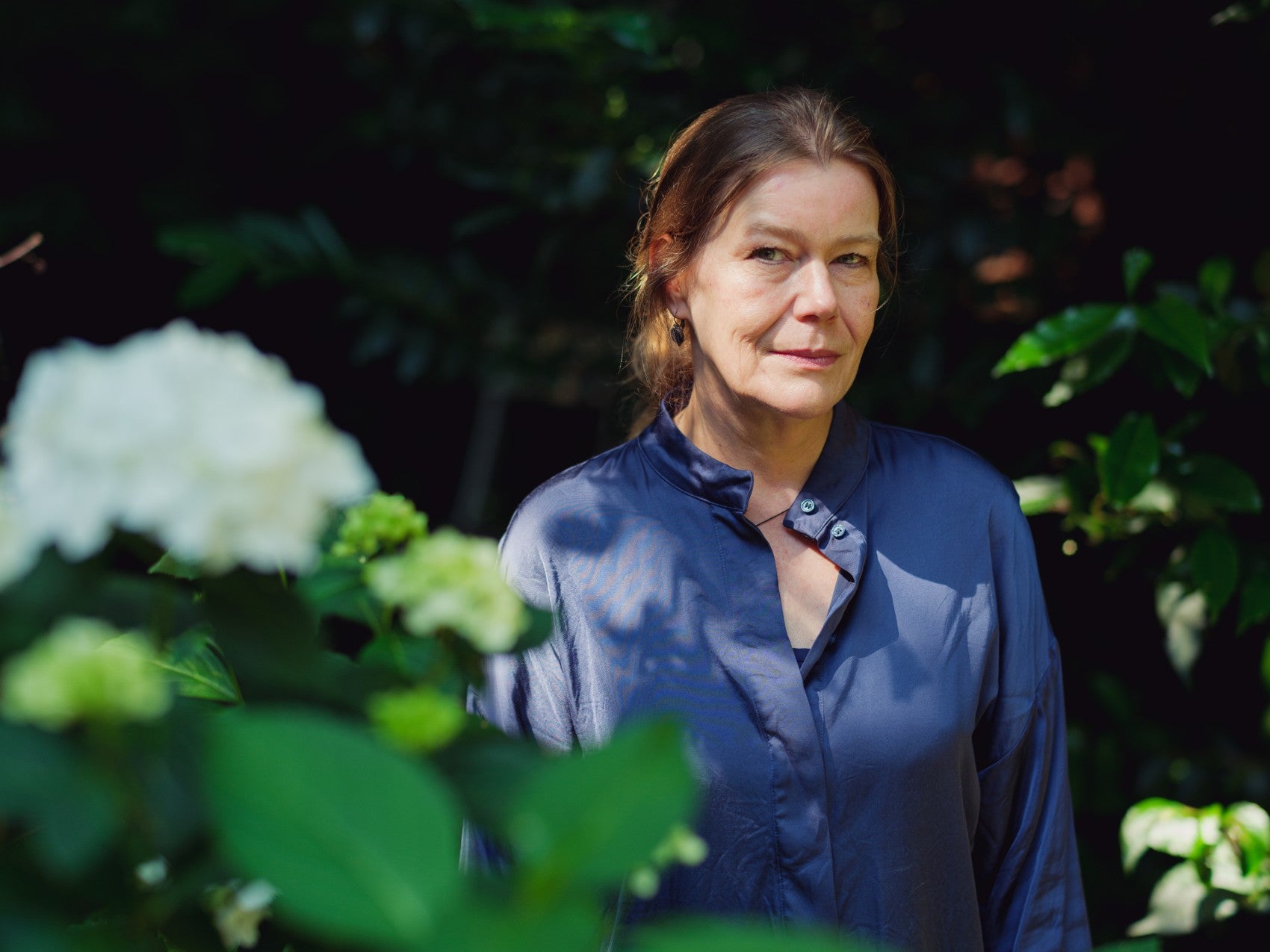There are now more than 100,000 Vrije Universiteit alumni. And where do they end up after their studies? In this section, we feature three alumni who studied in the same programme. This time: Celebrating ten years of Science Business & Innovation.
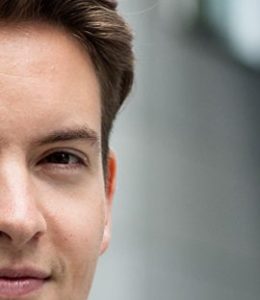
What kind of work do you do? ‘At PwC, I check the sustainability data reported by companies themselves, in their annual reports, for instance. I also work as a consultant and advise companies on how to become more sustainable, for example, by calculating business models for them.
Which place on campus holds a lot of good memories for you? ‘The computer room on the third floor. It was here that I got into a conversation with a girl who was two years ahead of me in SBI. I knew her by sight, but we had never talked before. Afterwards, we frequently met up to work together in this room. She’s been my girlfriend for four years now. We both work as consultants – I’m at PwC and she’s at our big competitor, Deloitte.’
Is it purely coincidental that you’re both working in consultancy? ‘Not really. Two good friends from my course are also consultants. SBI is a very broad course and you learn to look at innovations in both a scientific and commercial manner. As a joke I sometimes say that if you want to become a consultant, go and study SBI.’
Which teacher stood out the most for you at SBI? ‘For marketing, we had a lecturer who was very full of himself. He always wore suits that were a little too smart, talked a little too much about what he earned, and wrote exam questions that featured him buying expensive cars. Still, he was a good teacher, precisely because of the conviction with which he delivered his lectures.’
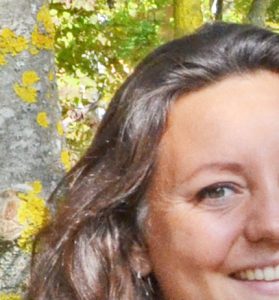
You work in Geneva. What do you do there exactly? ‘I’m a project assistant for Medecins for Malaria Venture. I’m developing a new platform for everyone who works with severe malaria, a serious form of the disease. I also develop projects for countries where it’s particularly difficult to combat malaria, for example due to recent conflicts.’
How did you end up there? ‘I wanted to work in the healthcare sector, preferably in developing countries. These countries present an enormous challenge in my opinion. There is often no effective healthcare system, and you encounter new obstacles on a daily basis. During my work placement, I did research into the control of schistosomiasis in Africa. A colleague from this work placement pointed out the vacancy for my current job to me.’
And, how are you finding life in Geneva? ‘Wonderful. I’m surrounded by nature – within an hour I can be up a mountain. I cycle and hike a lot, and during the winter I ski at least a couple of times a week. The work is very challenging, and I can travel to Africa for my work twice or three times a year. I’ve found my dream job.’
Do elements of your studies recur in your current job? ‘Absolutely. SBI is a combination of science and business, and my work is the same. When new medicines are developed, I have to both understand how they work and decide whether or not they are practical. I recently did field research in three African countries to test a new medicine for children. The medicine came in powder form, but spoons and measuring cups are very scarce over there. This made it difficult to prepare the medicine, and in its liquid form it was quite a lot for children to take. So we’re going to make some changes to this medicine.’
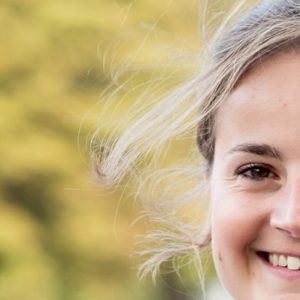
You were among the very first batch of SBI students. What did it feel like to be a pioneer? ‘Very special. All of the students were enthusiastic, because we were starting a completely new course. The collaboration with our teachers was also good – they asked us for feedback frequently and took us seriously. They were just as passionate as the students. I’ve never regarded them simply as the teachers who lectured in the SBI course. They were SBI.’
What was the high point of your studies? ‘During third year, we went on a study trip to New York and Boston. Everyone knew each other well, because we had worked together a lot during our studies and we were all also members of the student association. We attended lectures at a university in Boston and took a look at a lot of companies. In New York, we visited a hedge fund company. There we were, on one of the top floors of a skyscraper right on Wall Street, all of us smartly dressed. All of a sudden, all of the theory we’d been studying for years became concrete.’
Where are you working now? ‘At Witteveen + Bos engineering consultancy. I give advice on the use of renewable energy in infrastructure such as bridges, locks and tunnels. I also look at the ways in which renewable energy can be applied within the energy network. I started at this consultancy as a graduate and I’ve been here ever since. For my graduation, I researched electric city buses that are charged on the go. It’s great – we’ve just started up a project in this area, and I’m the project leader. So I can continue my own research.’


